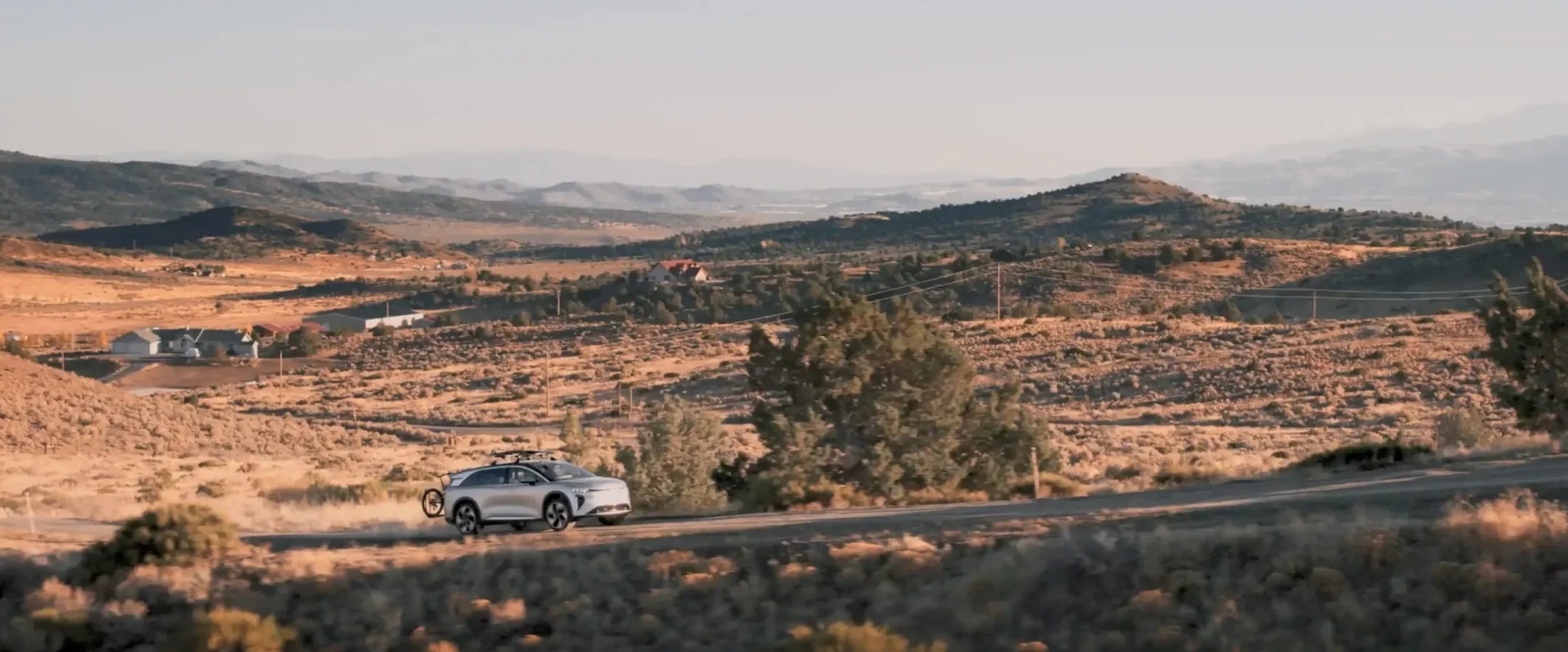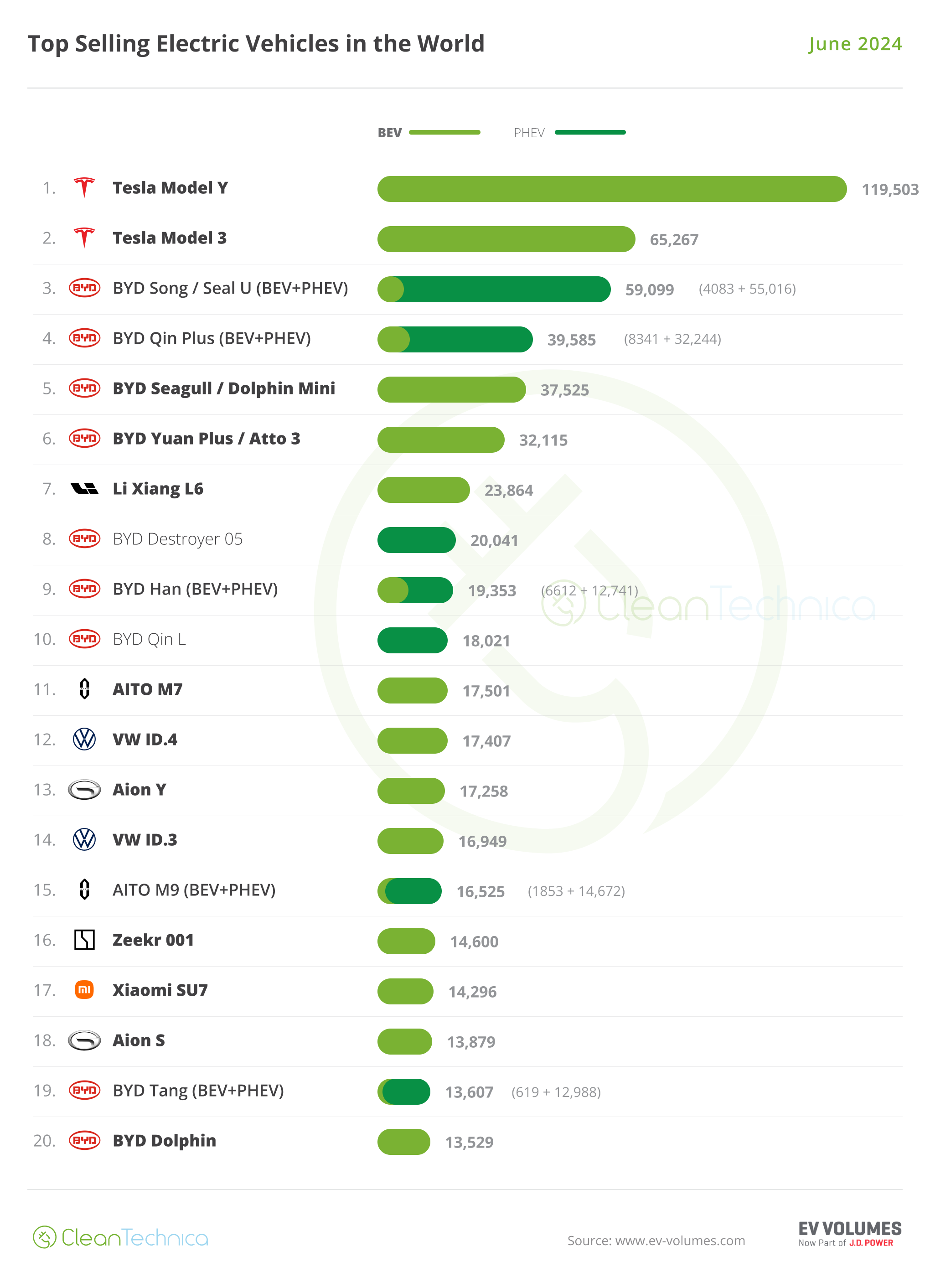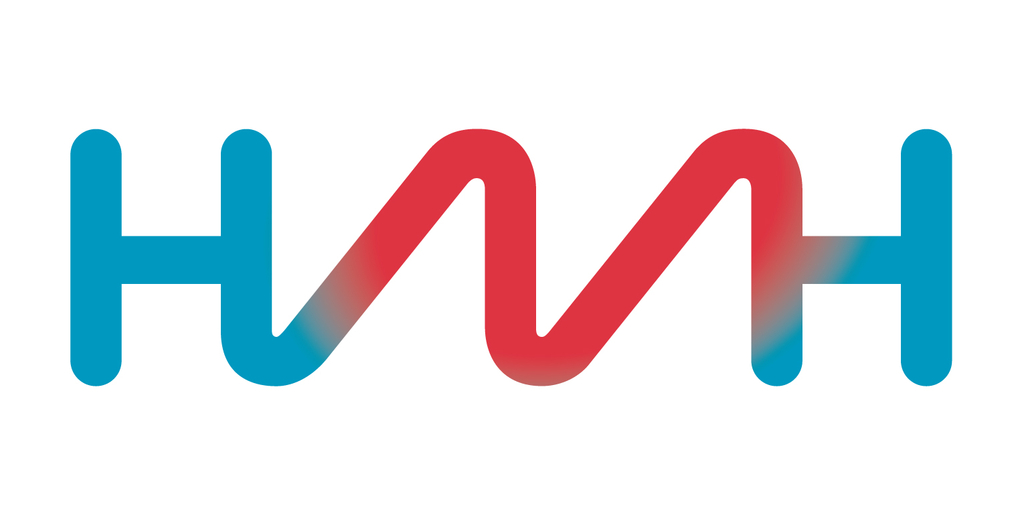Sign up for daily news updates from CleanTechnica on email. Or follow us on Google News!
President Biden’s Investing in America Agenda Invests in Projects That Will Reduce Costs for Consumer Battery Recycling, Making EVs More Affordable and Boosting Our Domestic Supply Chains
WASHINGTON, D.C. — As part of President Biden’s Investing in America agenda, the U.S. Department of Energy (DOE) today announced $62 million for 17 projects funded by the Bipartisan Infrastructure Law to increase consumer participation in consumer electronics battery recycling and improve the economics of battery recycling. Under the Biden–Harris Administration, electric vehicle (EV) sales have quadrupled, reaching record high levels of more than 1.4 million sales last year. With demand for electric vehicles (EVs) and stationary energy storage projected to expand the lithium battery market as much as ten-fold by 2030, investments in sustainable, reduced-cost recycling of consumer batteries are critical to securing the domestic materials supply chain to meet that demand. Recycling used batteries reduces demand for new materials and allows our domestic industry to produce at lower costs, supporting the Biden-Harris Administration’s goals of creating a more sustainable battery supply chain and having EVs make up half of all vehicles sales in America by 2030.
“Capturing the full battery supply chain—from sourcing critical materials to manufacturing to recycling—puts the U.S. in the driver’s seat as we build our clean energy economy,” said U.S. Secretary of Energy Jennifer M. Granholm. “With the historic support in President Biden’s Investing in America agenda, we are creating a sustainable, circular supply chain that lowers costs for consumers and boosts our manufacturing global competitive edge.”
The 17 projects selected for DOE’s Consumer Electronics Battery Recycling, Reprocessing, and Battery Collection funding opportunity are an essential part of the $7 billion in total authorized by the Bipartisan Infrastructure Law to grow and secure America’s battery supply chain. Today’s announcement includes:
- Expanding Participation in Consumer Electronics Recycling: Increasing collection of end-of-life consumer electronics and stand-alone batteries for recycling is a key element in developing a sustainable domestic source of battery-grade materials. Four projects were selected to do this through student education and outreach, including e-waste collection events, representing $14.4 million in funding.
- Improving the Economics of Recycling Consumer Electronics Batteries: Generating greater market demand for recycling consumer electronics batteries through innovative, cost-saving approaches to pre-processing and sorting. Seven projects were selected to do this through approaches including artificial intelligence and automated sorting, representing $40.1 million in funding.
- Establishing Programs to Collect Consumer Electronics Batteries: Implementing projects that will assist States and local governments in the initiation or enhancement of battery collection, recycling, and reprocessing. Six projects were selected to do this through approaches including battery collection drop-off programs and deploying battery storage and sorting facilities, representing $7.2 million in funding.
Projects selected for this funding must advance diversity, equity, inclusion, and accessibility; contribute to energy equity; and invest in America’s workforce. This funding – which will be administered by DOE’s Vehicle Technologies Office (VTO) and Office of Manufacturing and Energy Supply Chains (MESC) – supports goals and targets detailed in the Federal Consortium for Advanced Batteries’ (FCAB) National Blueprint for Lithium Batteries.
Continuing to Build Up a Domestic Battery Supply Chain
The funding announced today builds on previously announced investments from President Biden’s Bipartisan Infrastructure Law to strengthen the domestic battery supply chain by supporting upstream materials processing to create the precursor materials for batteries including the more than $74 million announced to date to advance EV battery recycling and second-life applications.
DOE is continuing to invest in recycling in support of a secure, domestic supply chain for critical materials. MESC recently announced up to $16 million to boost collection on used (spent) consumer batteries at retailers. DOE is seeking projects led by retailers to create or expand to collect, sort, store, and transport consumer electronics batteries and battery-containing devices. Applications are due on April 9, 2024, at 5 p.m. ET. DOE also recently announced a new prize focusing on increasing the production and use of critical materials recovered from electronic scrap. The Electronics Scrap Recycling Advancement Prize (E-SCRAP) is a three-phase competition that will award up to $4 million to competitors. Find out more information about this prize opportunity.
Learn more about the projects selected for award negotiation here, and learn more about VTO and MESC.
Selection for award negotiations is not a commitment by DOE to issue an award or provide funding. Before funding is issued, DOE and the applicants will undergo a negotiation process, and DOE may cancel award negotiations and rescind the selection for any reason during that time.
Have a tip for CleanTechnica? Want to advertise? Want to suggest a guest for our CleanTech Talk podcast? Contact us here.
Latest CleanTechnica TV Video
CleanTechnica uses affiliate links. See our policy here.





